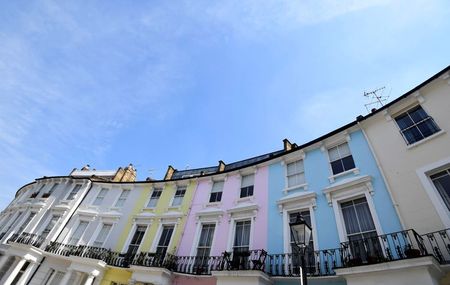Borrowers ‘needn’t panic just yet’ after interest rates hike

Real estate experts have said a rise in interest rates is “unlikely to dampen motivation to move” despite warnings that the news signals higher mortgage costs down the line.
The Bank of England has hiked rates at successive meetings for the first time since 2004, with a majority of the Bank’s rate setters voting to lift rates 25 basis points to 0.5 per cent.
Joshua Elash, director of property lender MT Finance dubbed the rise as an “absolute necessity” in tackling skyrocketing inflation.
He added: “The rise will be an early warning to UK households of further increases to come, which consequently will mean higher mortgage costs.
However, borrowers “needn’t panic just yet,” Elash said. “We don’t expect this rate rise to have a significant impact on pricing in today’s mortgage market as it follows earlier significant movements in SONIA (Sterling overnight interbank average rate), which have thus far been absorbed by an industry flush with liquidity.”
Borrowers on variable rates are set to see an “almost immediate” increase in outgoings, against an already worsening cost of living squeeze, Simon Gammon, managing partner at Knight Frank Finance, said.
“Variable rate mortgages account for about a fifth of all mortgage debt, or about £300bn,” he explained.
“Rates will inevitably rise over the coming months. How much depends on whether today’s hike has the required dampening effect on inflation, but it’s highly likely we’ll see more base rate rises over the course of the year. That will transform pricing in the mortgage market and those that don’t act soon will wish they had done in only a few months.”
The level of demand from home buyers at present suggested that the rise is “unlikely to dampen the motivation to move,” Tim Bannister, Rightmove’s director of property data said.
He added: We’ve seen a real desire from both sellers and buyers to take action and move at the start of this year, and this is likely to outweigh the impact of an interest rate rise on house prices, at least in the short term.”
Those few on a tracker mortgage linked to the Bank’s base rate, the rise could mean around a £40 extra cost per month for the average home, Bannister added.
He said: “An interest rate rise so soon after the last may prompt some in this group to look at fixed rate deals now if they can, or when their current deal ends, in case rates rise further in the near future.”